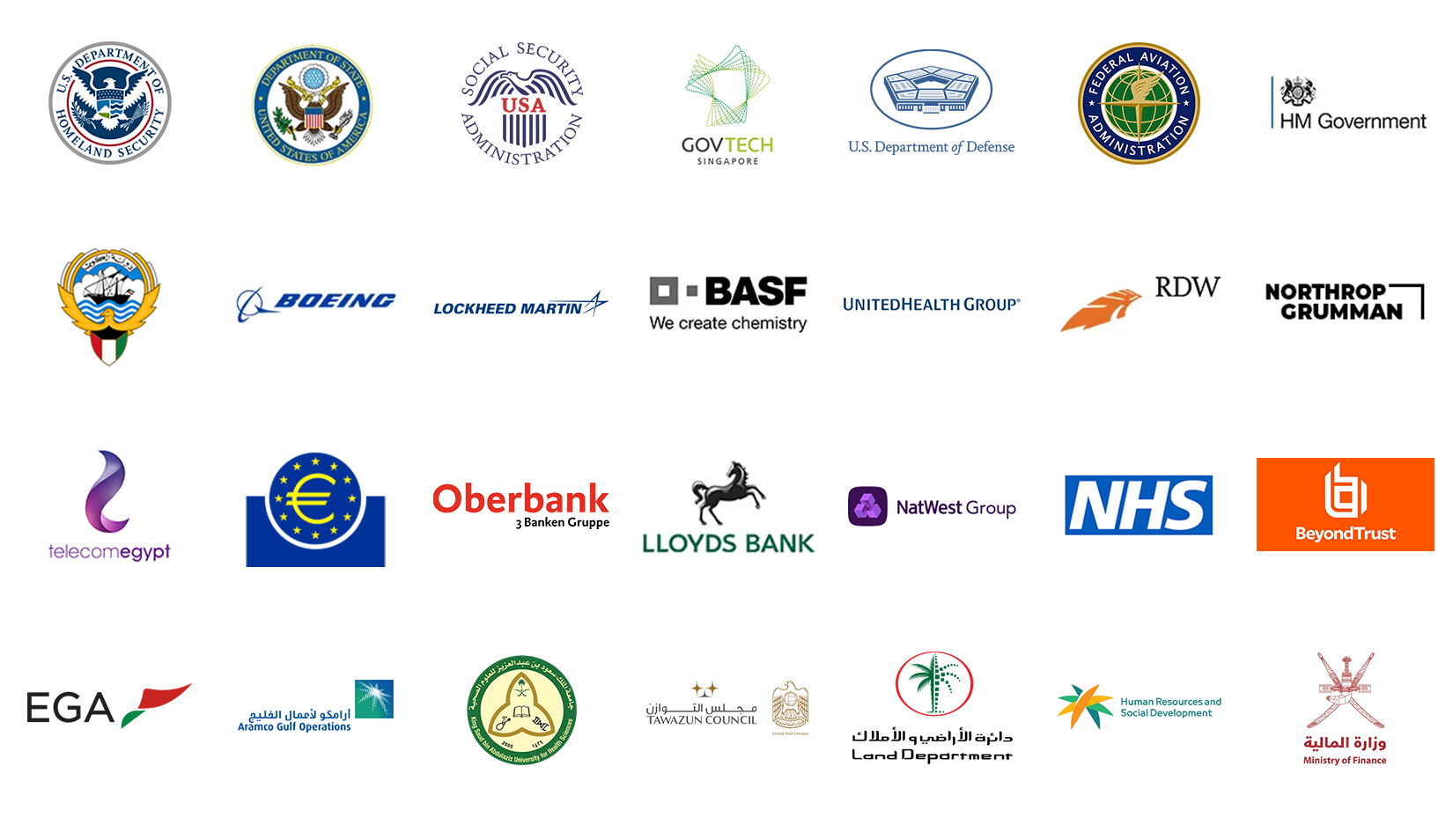Security fears restricting mobile commerce in the US, according to wide-reaching consumer survey
Almost half of consumers would never use mobile payment and banking apps due to fears about the level of security on their devices, with suspicions highest in the over 55 age group
RESTON, VA – Leading digital identity expert Intercede today revealed the results of its new research The Rise of the Identity Centric Economy, which found that 44% of US consumers would never use mobile banking services and 48% would never use bill payment apps. The data reveals that while adoption of smartphones is widespread in the US (close to 80%), and more than half say that security is a primary factor in choosing a new smartphone, current security measures are inadequate for consumers to fully utilize mobile technology.
The survey of 2,000 US consumers also found that over one third would never use PayPal on a mobile device, while one in five do not feel safe shopping on their cell phones. Furthermore, 63% are worried about the level of security on their mobile device, with 84% of those concerned about data loss in the event their mobile device was stolen citing identity theft as their biggest worry.
Richard Parris, CEO of Intercede commented: “Nearly every week we read about another high profile hacking story in the news. From major attacks such as Heartbleed to eBay’s recent data breach, it’s not surprising that consumers just don’t trust mobile security. This is throttling the mobile economy. But with smartphone use so widespread and with the mobile device boom set to continue, it’s clear that security needs a radical revamp.”
In the wake of the Heartbleed security breach, almost two thirds (63%) stated that they are worried about the level of security on their mobile device. Consumers are keen to address this and recognise security as a top priority. When asked what was most important to them when choosing their device, functionality came out top, followed closely by security then ease of use. Brand was the least important consideration.
When asked why they were so concerned about security, respondents cited a lack of trust in current mobile login and authentication options, and worries about identity theft. One respondent said, ‘I feel like even with a password, access to my banking accounts can still be easily stolen’, while another said ‘I’m not convinced mobiles have adequate security’. Others pointed to fears over hacking saying ‘hackers are getting better at breaking through all security measures’ and it’s ‘so easy for information to be stolen’.
“It’s clear that consumers are fast losing confidence in traditional authentication solutions – passwords are the weakest link and no longer fit for purpose,” continued Parris. “We need to regain consumer trust if the mobile economy is to really take off. We all already have multiple digital identities, from online banking to social networking to email and others, but these identities are becoming more and more prevalent, and how we secure them is a growing concern for consumers. The industry needs to sit up and listen – we need more sophisticated forms of trusted identity.”
The research also looked at what steps consumers are taking to protect their digital identities when they are using mobile applications. Worryingly it found that many leave back doors open to hackers as they sign up for automatic log on and select ‘Remember me’ and ‘Keep me signed in’ options:
- 52% of social media users on mobile devices are automatically logged in on their cellphone. This figure stands at 59% for those accessing email, 21% for users of Amazon and other shopping sites, 17% for online banking, and 12% for PayPal
- When asked if they were automatically logged in on more than one more device, the figures stood at 52% for social media users, 61% for email, 20% for online banking, 25% for shopping sites, and 15% for PayPal
- 51% of consumers admit they know the log in details for a friend’s, family member’s or colleague’s mobile device
- 52% rely on their memory to remember all passwords, suggesting they are choosing weak and easy to remember combinations
All figures are based on an independent survey of 2,054 US consumers across all adult age groups conducted by Atomik Research during June 2014.
About Intercede
Intercede is a software company specializing in identity and credential management with a global team of experts located in the US and UK.
Intercede’s MyID software enables organizations to create and use trusted digital identities for employees, citizens and machines. This allows secure access to services, facilities, information and networks.
MyID meets the highest government standards yet is simple enough to be deployed onto consumer devices such as smart phones and tablets. Critically, MyID provides an easy, convenient and secure alternative to passwords.
Millions of identities are managed using MyID and Intercede has provided identity verification and management services to global customers for more than 20 years. MyID is a commercial off the shelf software product, designed and developed to be configurable so it can be embedded as the cornerstone of cyber security infrastructure for governments and corporations.
Customers trusting Intercede for secure digital identity include the US and UK governments and some of the world’s largest corporations, telecommunications providers and information technology partners.
Trusted by Governments and Enterprises Worldwide
Where protecting systems and information really matters, you
will find Intercede. Whether its citizen
data, aerospace and defence systems, high-value financial transactions,
intellectual property or air traffic control, we are proud that many leading
organisations around the world choose Intercede solutions to protect themselves
against data breach, comply with regulations and ensure business continuity.

